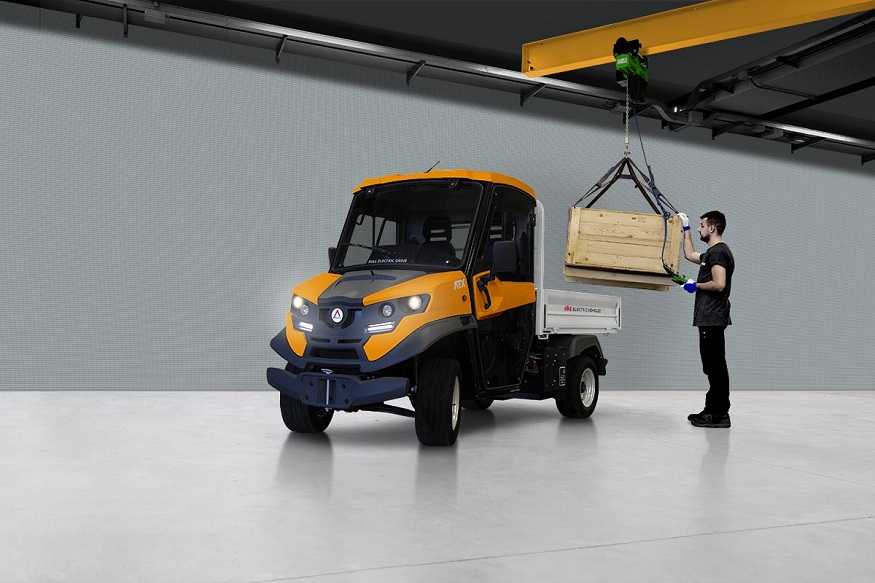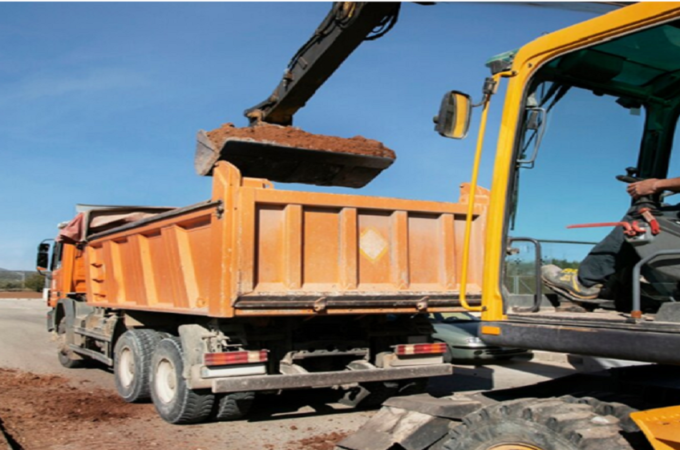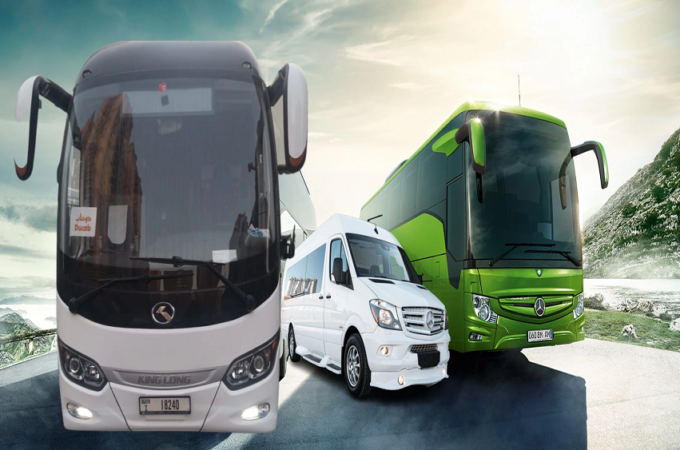
The Best Electric Vehicles for Use in Warehouses: Increasing Sustainability and Efficiency
Modern logistics’ beating core is warehouses, which let commodities flow from producers to consumers without any problems. However conventional material handling depends heavily on internal combustion engines (ICEs), which have major negative effects including high running costs, noise pollution, and hazardous emissions.
Fortunately, the development of electric vehicles for warehouse transportation presents a quick and environmentally friendly substitute. Warehouse operators may greatly minimize their environmental effects, increase worker safety, and cut their whole running costs by switching to electric power. Some of the best electric cars now on the market for warehouse transportation are investigated in this article as follows;
1. Electric Forklifts
Any warehouse’s foundation is its forklifts, which are used for lifting, moving, and merchandise stacking. Offering outstanding performance and efficiency, electric forklifts have evolved greatly.
Benefits
- Remove dangerous exhaust pollutants, therefore enhancing the air quality for workers.
- Lower noise pollution: Make your workplace quieter and cozier.
- Lower running costs: Cut maintenance and fuel consumption greatly.
- Enhanced agility and accuracy in confined areas will help you to be rather maneuverable.
- Enhanced safety: Reducing the fire danger connected to fuel-powered cars
Types
Perfect for limited aisles and confined areas, three-wheel electric forklifts
- Four-wheel electric forklifts give more lifting capacity and stability.
- Versatile for many uses, including loading and unloading vehicles, counterbalance electric forklifts
- Designed for effective order pickup and high-density storage, reach trucks
2. Pallet Jacks Electric
Crucially for pallet short-distance transportation, electronic pallet jacks have a clear benefit over hand jacks.
Benefits
- Lowers worker tiredness and raises efficiency using higher production.
- Ergonomic design: Reducing strain on joints and backs of employees
- Enhanced safety: Remove the chance of hand-operated injuries.
- Compact and nimble: Move quickly over tight areas and small aisles.
Types
Operated by strolling beside the vehicle, walkie-pallet jacks
- Rider pallet jacks: Provide a more convenient and effective running for greater distances.
- Electric Tow Tractors. Perfect for moving big goods across the warehouse, electric tow tractors provide a quick and environmentally friendly substitute for diesel-powered versions.
Benefits
- Lower noise and emissions, therefore improving the working environment.
- Better fuel economy than diesel counterparts: Reduced running expenses
- Enhanced safety: Lower the possibility of mishaps and injuries.
- Improved mobility: Move quickly in packed spaces and narrow turns.Designed for concurrently hauling personnel and supplies, platform tow tractors. Perfect for dragging trailers full of products are trailer tow tractors.
3. Automated Guided Vehicles (AGVs)
With major advantages in terms of efficiency and productivity, AGVs mark the forefront of warehouse automation.Eliminate human mistakes and maximize material flow to increase productivity; lower the risk of accidents and injuries by thus optimizing safety.24/7 operation: optimize warehouse use and raise throughput.
Types
- Laser-guided AGVs follow pre-defined courses using lasers.
- Magnetic-guided AGVs: Track floor-embedded magnetic strips.
- Vision-guided AGVs use cameras and sensors to negotiate and evade hazards.
4. Electric Stackers
Essential for lifting and piling pallets to different heights, electric stackers provide a safe and quick substitute for hand lifting.
Benefits
- Minimize the possibility of injuries connected with manual lifting by lowering worker strain.
- Higher production: Work on order picking and storage speed and accuracy.
- Enhanced safety: Remove your chance of mishaps and injury.
- Compact and agile: Move around tight areas and small aisles with ease.
Establish a preventative maintenance schedule: Frequent maintenance and inspection of your electric fleet guarantees lifetime and best performance. Track energy use to pinpoint areas needing work and the best ways to plan charging.
Warehouse transportation’s future is clearly electric. Advances in battery technology, charging infrastructure, and vehicle design are making electric vehicles ever more affordable, sustainable, and efficient. Accepting this technology will help warehouse managers greatly lower their environmental impact, increase worker safety, and raise their general operational effectiveness.
Conclusion
Turning to electric vehicles is not only a fad; for contemporary warehouses, it is also a strategic need. Investing in a fleet of electric forklifts, pallet jacks, tow tractors, and other material handling tools will help warehouse operators run a more profitable, environmentally friendly business.




